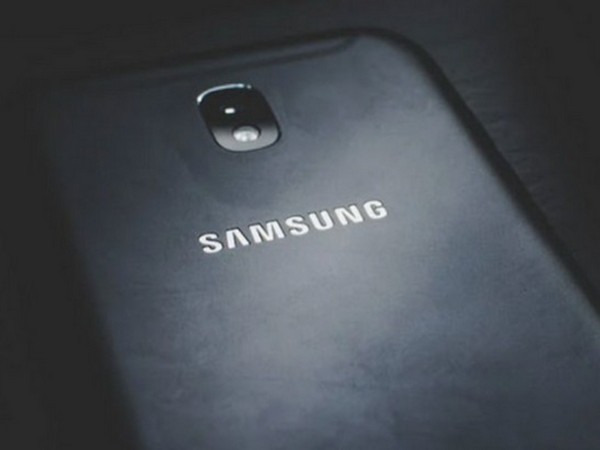Google has introduced the first of four planned public beta of Android 14 and these new features focused on system navigation, privacy, performance, and user customization.
According to a report by The Verge, an American technology news website, a more noticeable, Material You-themed back arrow that adapts to match the device’s theme or wallpaper has been added to the gesture navigation system. The redesigned back arrow, which is undoubtedly more aesthetically beautiful, is meant to help users in understanding Android 14’s predictive back gesture experience, which now previews the screen users are travelling to inside applications.
The page that opens when you tap to share content has been updated in Android 14 to include a new system share sheet. On the top of the share menu, developers can now add unique, app-specific actions. This, according to Google, is a “better” sharing experience compared to the current Android share sheets, which always sort share targets (the app you’re sharing content with) alphabetically. Although it’s unclear what exactly those signals are, the new share sheet makes use of more app data to decide the ranking of the direct share targets that are displayed near the top of the page.
This resolves a couple problems. App developers previously had to either create their own share sheets, which lack visual coherence and hinder users from developing muscle memory across applications, or add custom share targets if they wanted certain apps to appear higher within the sharing menu. Esper.io reports that Google discourages developers from using the feature since it limits the amount of share targets that the device system can advise. Only two share targets might be set to appear higher in the share list.
System share sheets can now be customised, avoiding the issues that arise when developers create unique sharing menus.
New graphic features including morphing effects and improved language settings that automatically set up applications to support language preferences on a per-app basis are also included in the first Android 14 beta. By enabling apps to limit the visibility of sensitive data to accessibility services that ostensibly assist users with disabilities, privacy is also improved. Google Play Protect will check the validity of these assertions. According to Google, the new privacy safeguards can be used to stop more vulnerable individuals from taking activities like unintentionally transferring money or paying for anything via a shopping app. (ANI)


















